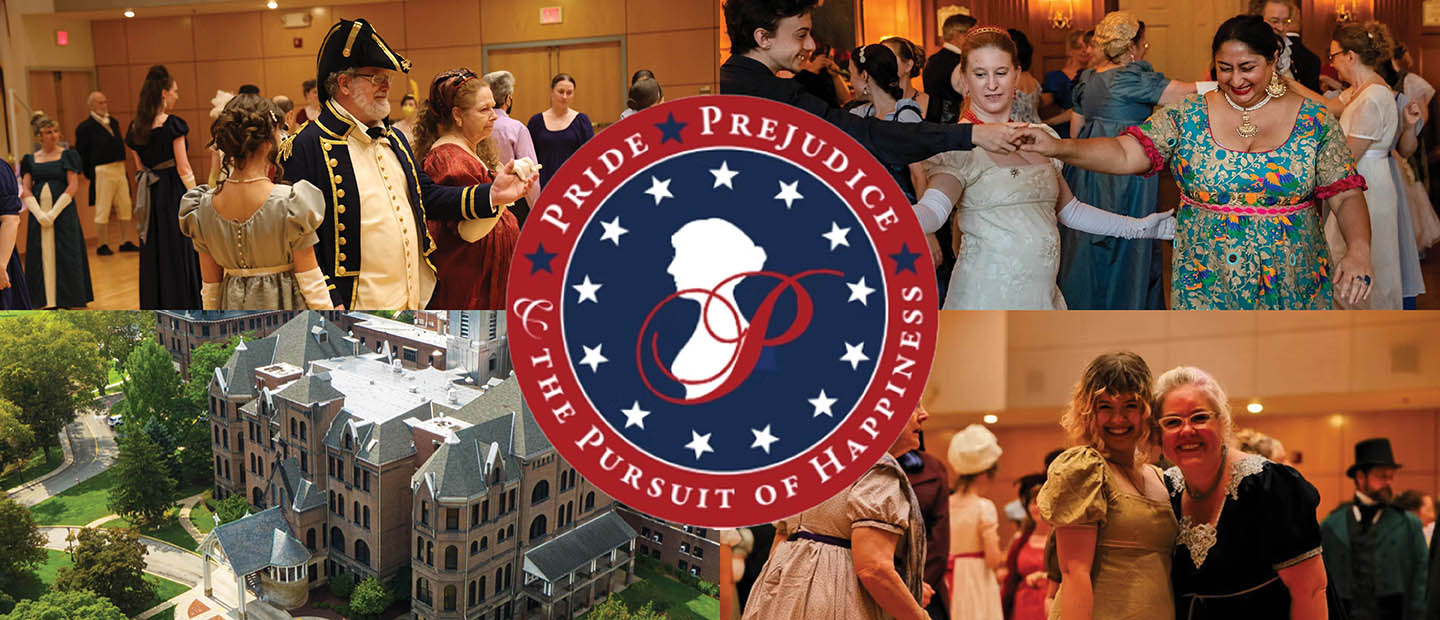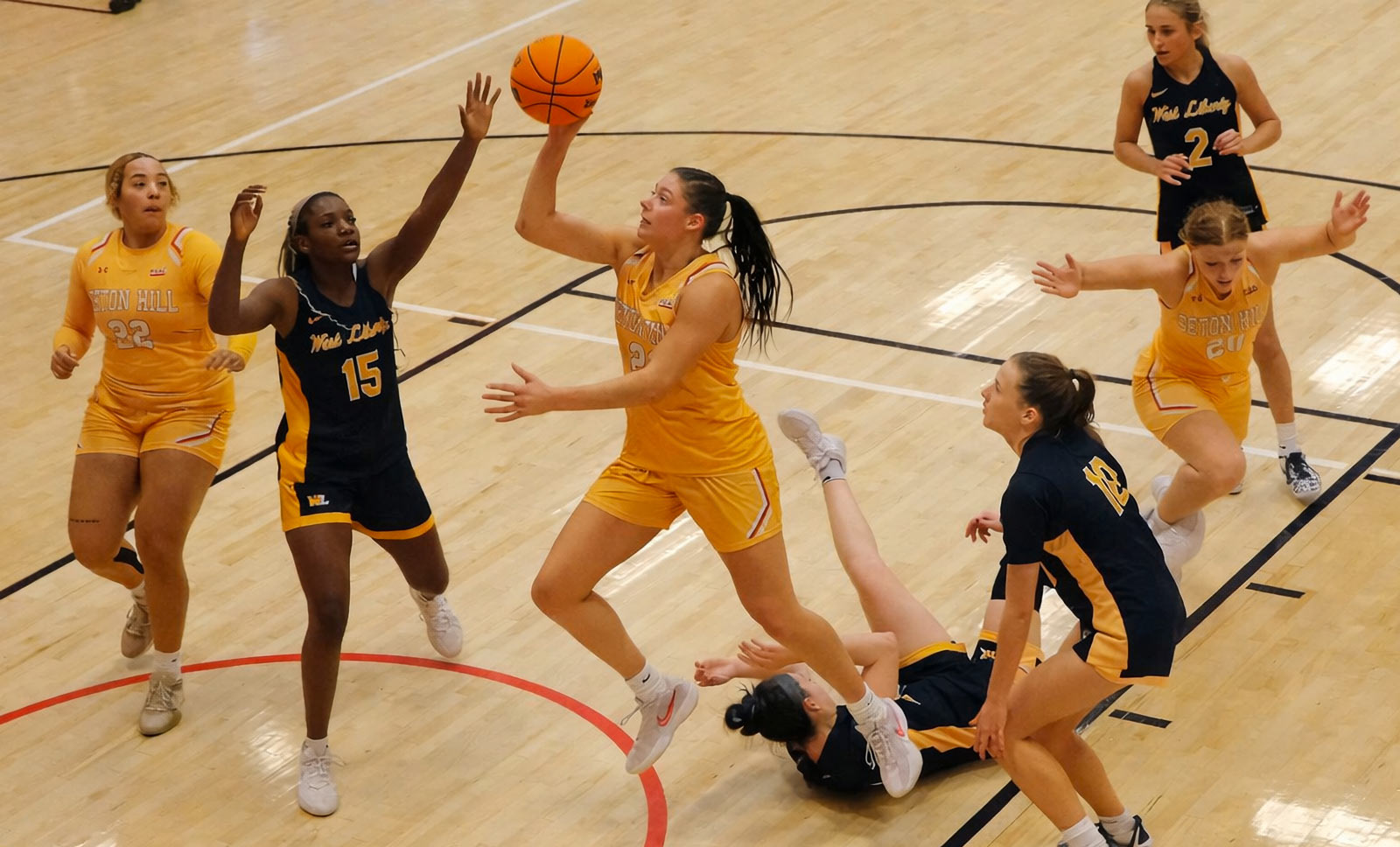National Science Foundation Grant Supports Seton Hill Biology Department Research Into Plant Diversity & Adaptability
Seton Hill Students to Participate in Research
“The question of why some species are rare while others are common is enduring - and has important implications for ecological theory, rare species conservation and overall biodiversity,” says Jessica Brzyski, Ph.D., assistant professor of biology at Seton Hill. Beginning in 2018, Jessica and some of her students will have the opportunity to engage in research that might answer that question.
“This research provides a unique opportunity for undergraduates to receive paid research experience.”
“RUI: Collaborative Research: Reasons for Rarity? Exploring Acclimatory and Adaptive Constraints to Commonness,” is a four-year research project that will be carried out by a collaboration of four institutions: Seton Hill University, the University of Georgia/State Botanical Garden of Georgia, University of Tennessee-Chattanooga and Austin Paey State University. This project has received funding through the National Science Foundation.
“The natural world is dynamic and to persist, species must be able to respond successfully to environmental change,” Dr. Brzyski added. “This research will explore the potential for rare and common plant species to adapt and acclimate to environmental change.”
Throughout the project, wildflowers from the eastern U.S. will be collected and their genetic and physiological variability studied.
“The project as a whole will be analyzing 6 pairs of species congeners, or closely related species,” says Dr. Brzyski. “Seton Hill will be responsible for analyzing 2 of the pairs - so 4 species.”
Seton Hill’s contribution to the joint project will involve genetically identifying individuals and measuring levels of genetic variation present in each species. Undergraduate student research technicians will work with Dr. Brzyski to accomplish this, gaining valuable lab experience and developing skills that are highly transferable in the process.
“This research provides a unique opportunity for undergraduates to receive paid research experience,” says Dr. Brzyski, who added that students would also be able to tell future employers that they have experience with federally-funded research.
Once this project is up and running, Dr. Brzyski hopes to create opportunities for students to participate in – even lead - “spin off” research. “This research is intended to have broader impacts,” she says, “including the support of student experiential learning.”



